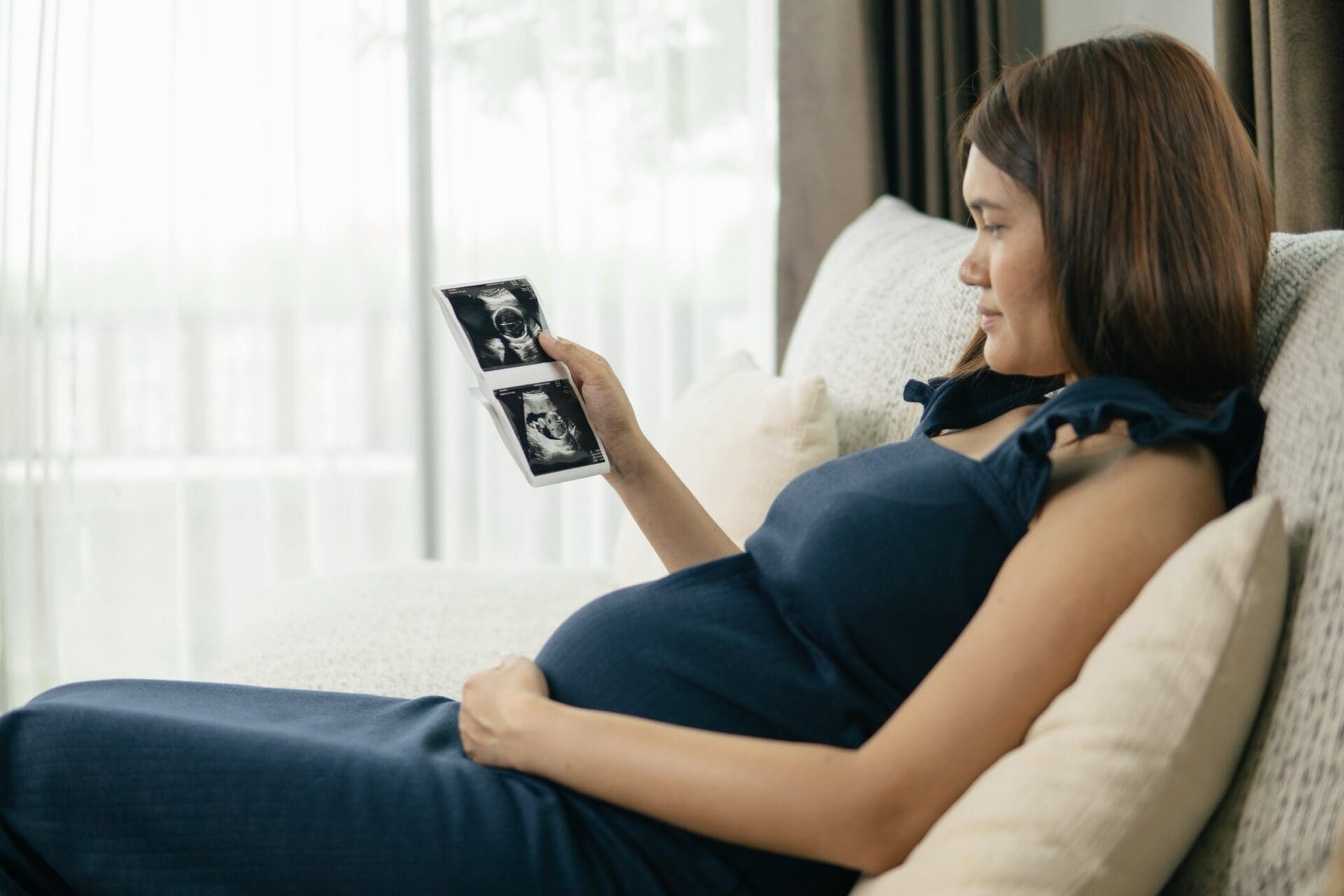
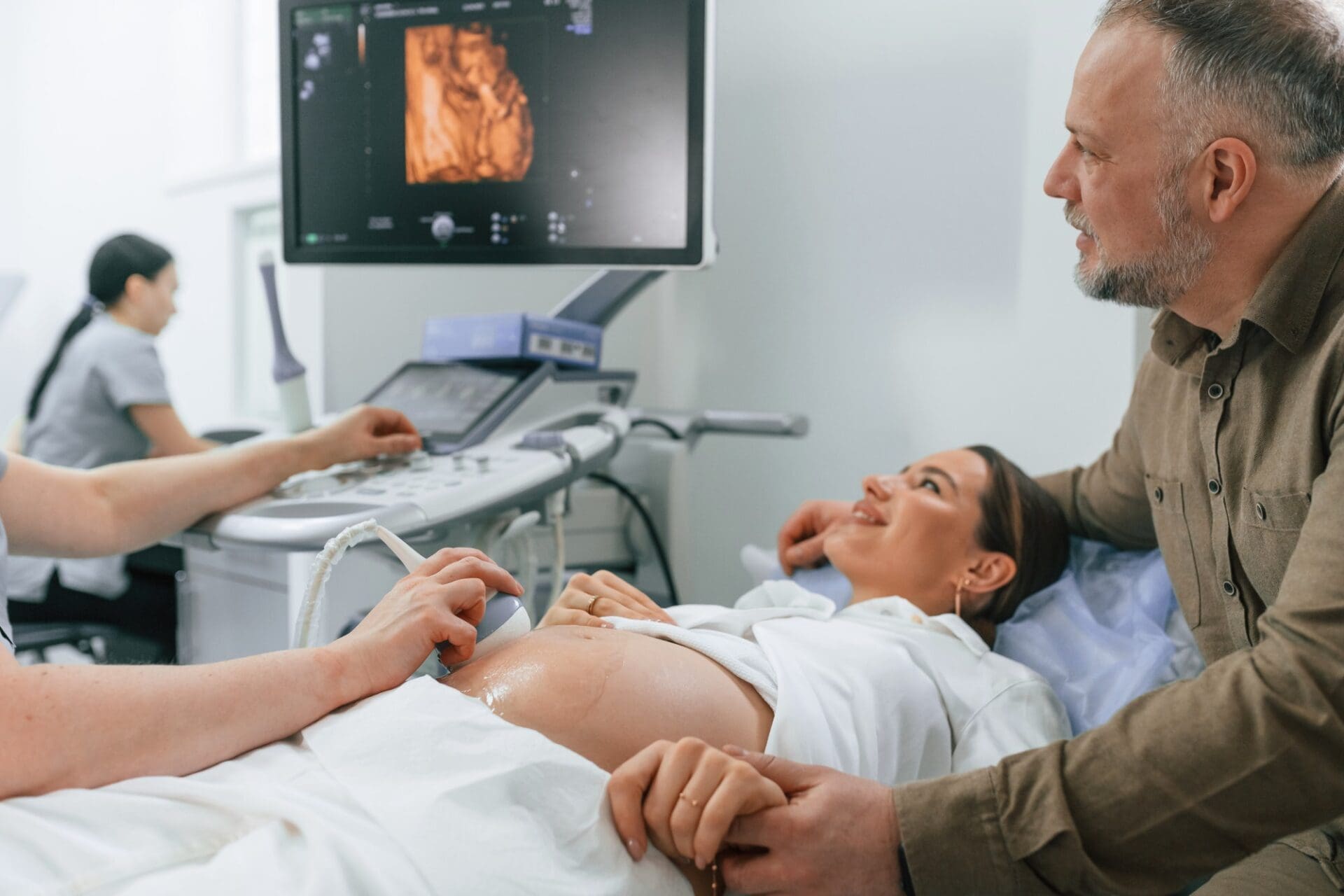
The first step in pregnancy is to establish the fact of pregnancy. This is done by the expectant mother 10-12 days after conception. from dayyou can do it using a pregnancy test. The 5th after the last menstruation. from week, an ultrasound examination by a specialist will be carried out.
During the 9th week, the ultrasound result will be discussed. The pace of the embryo‘s growth will be controlled.
At this stage, one can already hear the heartbeat and the exact stage of the pregnancy can be determined.
We will discuss the ultrasound findings in seven weeks. We will check whether the growth rate is appropriate .
During this period, the twin pregnancy developing in one egg sac can already be seen and the embryo moves briskly floating in the amniotic fluid, which the mother does not yet feel.
16th week: If this is not the first pregnancy of the mother, it is possible that she can feel the fetus moving.
By the 22nd week, most women can identify certain kinds of small movements and little kicks. As the weight the mother has to carry is increasing, her back and waist must be supported.
The next consultation will also take place during this period.
The second genetic ultrasound is done between the 18th and 20th week, and the results of this examination will be analysed together. This is followed by an oral glucose tolerance test (OGTT), which serves to detect gestational diabetes. This condition can occur in a woman without diabetes during pregnancy and it can pose a danger both to the mother and the fetus.
The bone structure of the fetus is developing rapidly; the alveoli are developing in the lungs. The small body of the fetus starts to develop body fat. The fetus now weighs approximately 160-170 grams.
The 24th week: At the end of the second trimester, we do a consultation followed by laboratory tests: blood tests, urine test, kidney and liver function testing, TORCH and OGTT. We also check the antibodies of mothers with „Rh“ negative blood type.
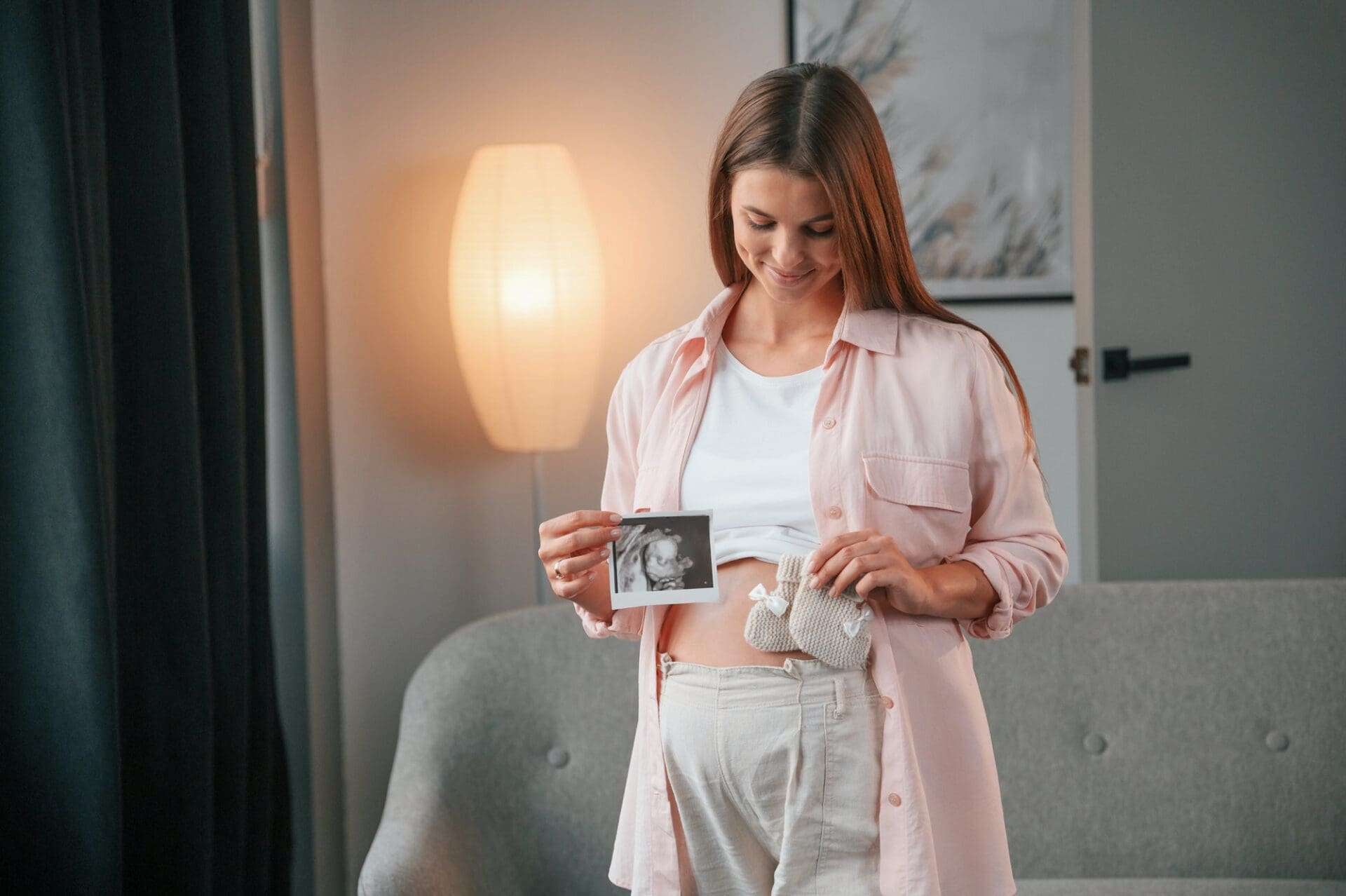
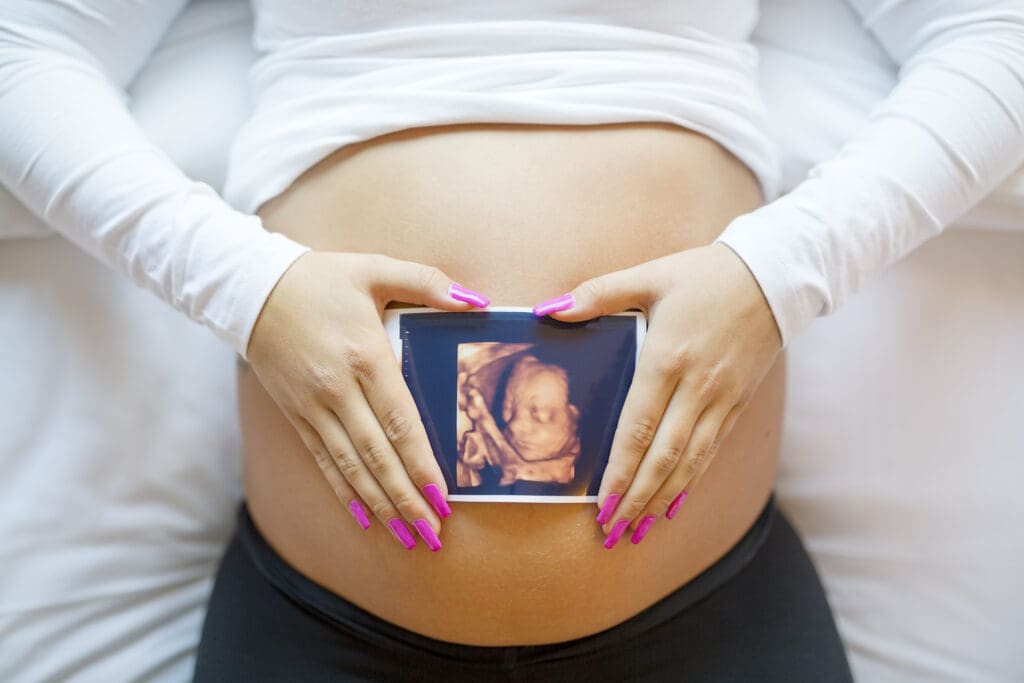
In the course of the 28th week, the results of the laboratory tests will be discussed and if necessary, we also consult the opinion of a dietician.
Forming part of our prenatal care, we check the blood pressure and the fetus’ heartbeat. With the help of the ultrasound examination, the baby’s measurements and the pace of its growth will be monitored.
At this point, the fetus already amounts to or exceeds one kilogram and is approximately 36 cm long.
The third and last genetic ultrasound examination. The blood circulation and the blood supply of the baby will be examined, ensuring that the conditions inside the uterus are still appropriate (flow). In this period, it is also advised to monitor the baby’s movements at least one to two times per day.
Weekly ultrasound flow examinations and CTG (monitoring the fetal heartbeat) between the 36th and 40th week.
The BSH screening takes places during this week, which serves to detect the streptococcus bacteria. These bacteria usually do not endanger the mother‘s health, but if it comes into contact with the baby at birth, it can cause a serious disease.
Laboratory tests and INR: Assessment of the risk of deep vein thrombosis
Terminus után 2 naponta van szülészeti kontroll CTG és ultrahangos flow vizsgálat a baba megérkezéséig.
Baby life care is a new innovative service, which allows mothers-to-be to observe the fetus’ heartbeat comfortably from home.
There are three genetic examinations during the prenatal care period. The first genetic examination takes place during the 12th week, the second one between the 30th and the 32nd week, however, in certain cases it is recommended to provide further genetic consultation.
Genetic consultation is definitely recommended if the ultrasound shows abnormal results, or in case the mother is older than 35 years, and/or the father is older than 45 years.
We also recommend a genetic consultation to couples who already have children suffering from birth defects or genetic illnesses, or if there are such cases in the family. Another risk factor is if one of the parents suffers from a hereditary or contracted illness. This is called genetic medical history.
Genetic counseling includes certain screening and diagnostic tests that reveal possible chromosomal abnormalities, as well as genetic ultrasound, which is used to reveal developmental disorders.
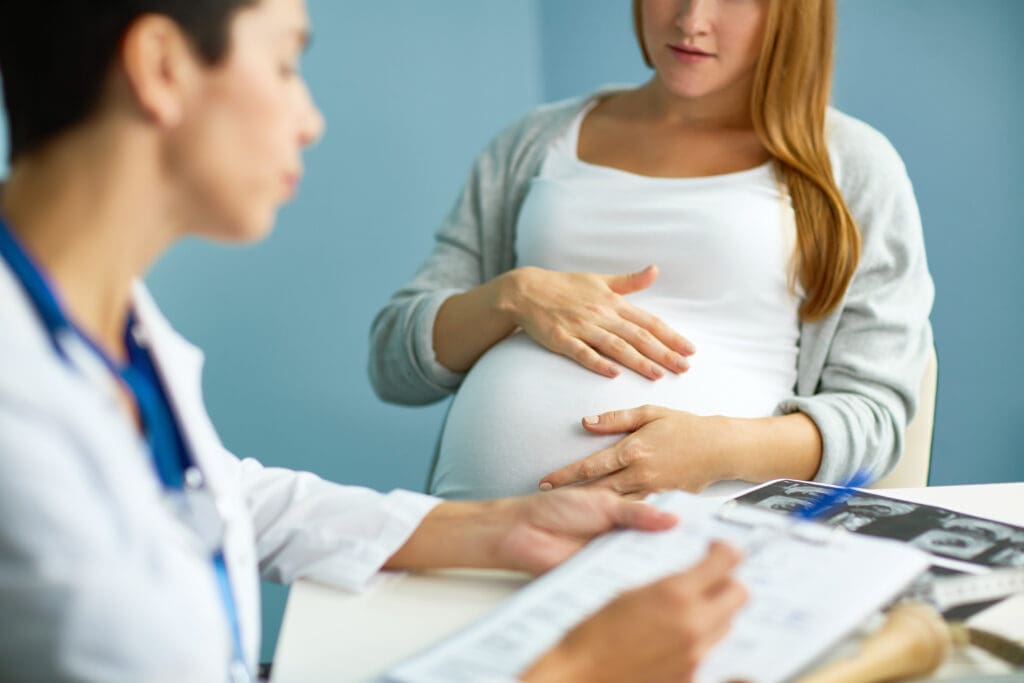
Copyright © 2024 Villa Medicina All rights reserved – made by digitalhero